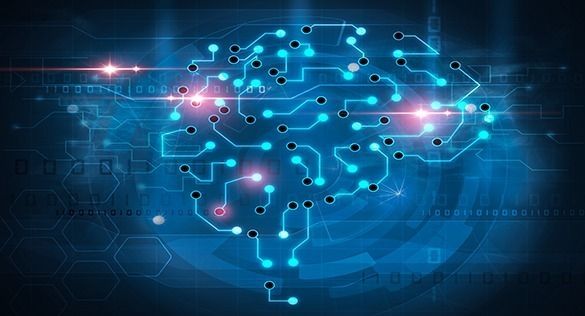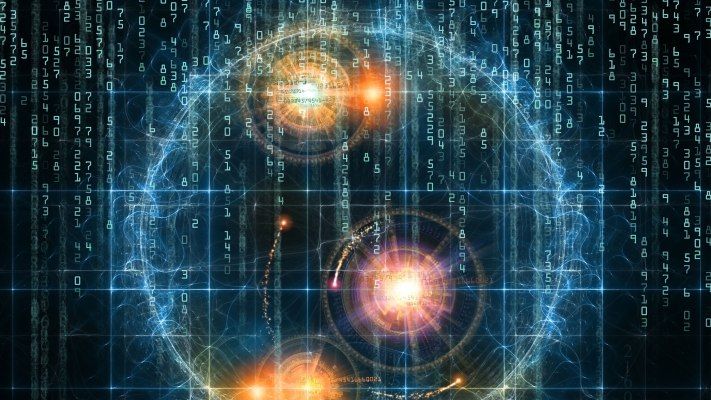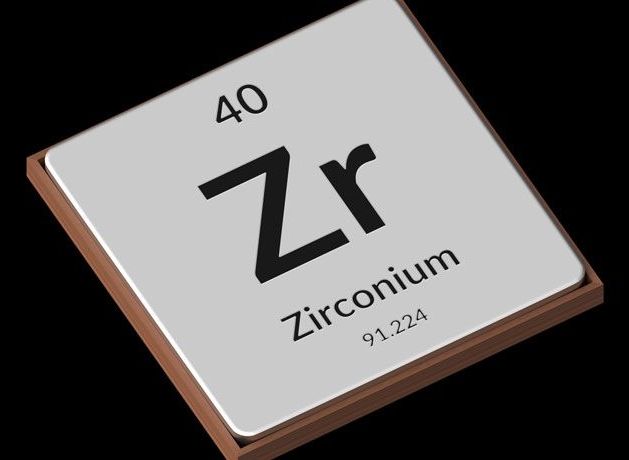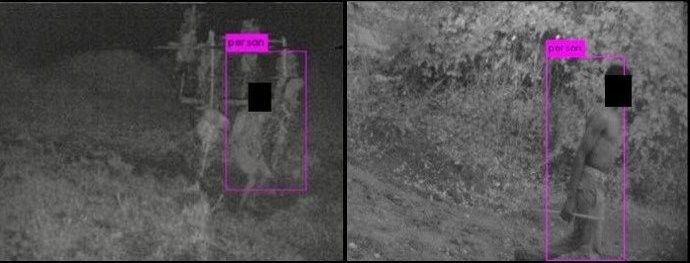Page 8223
Jan 8, 2019
These $2,000 solar panels pull clean drinking water out of the air, and they might be a solution to the global water crisis
Posted by Genevieve Klien in categories: solar power, sustainability
Zero Mass Water produces solar panels that pull water out of the air, filter it, and deliver it to your home faucet.
Jan 8, 2019
Generating Actionable Understanding of Real-World Phenomena with AI
Posted by Carse Peel in categories: robotics/AI, security
Rapid comprehension of world events is critical to informing national security efforts. These noteworthy changes in the natural world or human society can create significant impact on their own, or may form part of a causal chain that produces broader impact. Many events are not simple occurrences but complex phenomena composed of a web of numerous subsidiary elements – from actors to timelines. The growing volume of unstructured, multimedia information available, however, hampers uncovering and understanding these events and their underlying elements.
“The process of uncovering relevant connections across mountains of information and the static elements that they underlie requires temporal information and event patterns, which can be difficult to capture at scale with currently available tools and systems,” said Dr. Boyan Onyshkevych, a program manager in DARPA’s Information Innovation Office (I2O).
The use of schemas to help draw correlations across information isn’t a new concept. First defined by cognitive scientist Jean Piaget in 1923, schemas are units of knowledge that humans reference to make sense of events by organizing them into commonly occurring narrative structures. For example, a trip to the grocery store typically involves a purchase transaction schema, which is defined by a set of actions (payment), roles (buyer, seller), and temporal constraints (items are scanned and then payment is exchanged).
Jan 8, 2019
The EU Just Voted to Completely Ban Single-Use Plastics
Posted by Victoria Generao in category: futurism
Jan 8, 2019
DARPA wants to build an AI to find the patterns hidden in global chaos
Posted by Carse Peel in categories: climatology, habitats, robotics/AI
That most famous characterization of the complexity causality, a butterfly beating its wings and causing a hurricane on the other side of the world, is thought-provoking but ultimately not helpful. What we really need is to look at a hurricane and figure out which butterfly caused it — or perhaps stop it before it takes flight in the first place. DARPA thinks AI should be able to do just that.
A new program at the research agency is aimed at creating a machine learning system that can sift through the innumerable events and pieces of media generated every day and identify any threads of connection or narrative in them. It’s called KAIROS: Knowledge-directed Artificial Intelligence Reasoning Over Schemas.
“Schema” in this case has a very specific meaning. It’s the idea of a basic process humans use to understand the world around them by creating little stories of interlinked events. For instance when you buy something at a store, you know that you generally walk into the store, select an item, bring it to the cashier, who scans it, then you pay in some way, and then leave the store. This “buying something” process is a schema we all recognize, and could of course have schemas within it (selecting a product; payment process) or be part of another schema (gift giving; home cooking).
Continue reading “DARPA wants to build an AI to find the patterns hidden in global chaos” »
Jan 8, 2019
Facility for Rare Isotope Beams
Posted by James Christian Smith in categories: biotech/medical, education, employment, security
FRIB) will be a scientific user facility for the Office of Nuclear Physics in the U.S. Department of Energy Office of Science (DOE-SC). FRIB is funded by the DOE-SC, MSU and the State of Michigan. Supporting the mission of the Office of Nuclear Physics in DOE-SC, FRIB will enable scientists to make discoveries about the properties of rare isotopes (that is, short-lived nuclei not normally found on Earth), nuclear astrophysics, fundamental interactions, and applications for society, including in medicine, homeland security, and industry.
This video — The Facility for Rare Isotope Beams at MSU — explains the history of FRIB, its role in research and education, and its future in rare-isotope discoveries. It includes an animated sequence to help viewers understand what FRIB is about.
Employment opportunities: FRIB is looking for engineers, physicists, and other talented professionals to build the world’s leading rare isotope facility.
Jan 8, 2019
A weird type of zirconium soaks up neutrons like a sponge
Posted by James Christian Smith in category: particle physics
When radiochemist Jennifer Shusterman and her colleagues got the first results of their experiment, no one expected what they saw: Atoms of a weird version of the element #zirconium had enthusiastically absorbed neutrons.
Zirconium-88 captures neutrons with extreme efficiency, and scientists don’t yet know why.
Jan 8, 2019
Mental Candy Is Also Unhealthy
Posted by Steve Hill in categories: biotech/medical, food, life extension, neuroscience
We take a somewhat humorous look at the messaging and the comfort stories people tell themselves to distract themselves from seeing why age-related diseases and dying from them is a problem that needs solving.
Here’s what might be considered a paradox: right now, the Facebook page of Death Cafe—a place where you go to talk about death—is a rather lively place, whereas pages about life extension are comparatively rather dead places. This screenshot shows the activity of a Death Cafe post:
Jan 8, 2019
Using AI to detect and deter poachers
Posted by James Christian Smith in category: robotics/AI
Non-profit RESOLVE’s* new TrailGuard AI* camera uses Intel-powered artificial intelligence (AI) technology to detect poachers entering Africa’s wildlife reserves and alert park rangers in near real-time so poachers can be stopped before killing endangered animals.
Jan 8, 2019
Cheaper AI for everyone is the promise with Intel and Facebook’s new chip
Posted by Shane Hinshaw in category: robotics/AI
This could make it cheaper for big companies to use artificial intelligence.
Companies hoping to use artificial intelligence should benefit from more efficient chip designs.



















